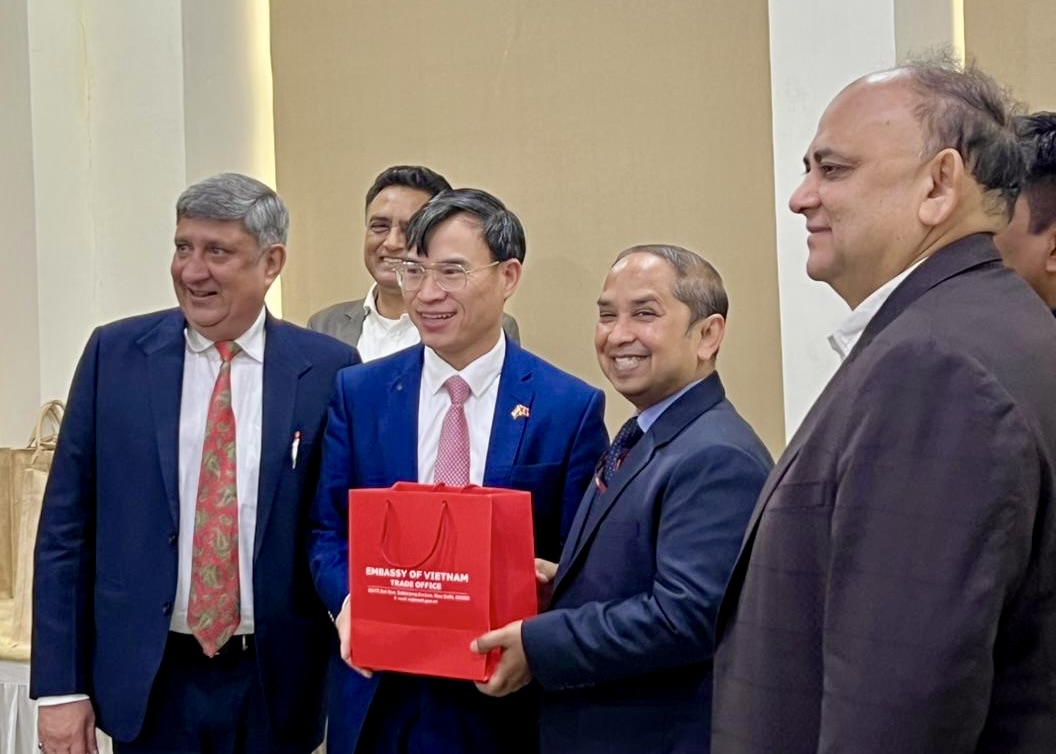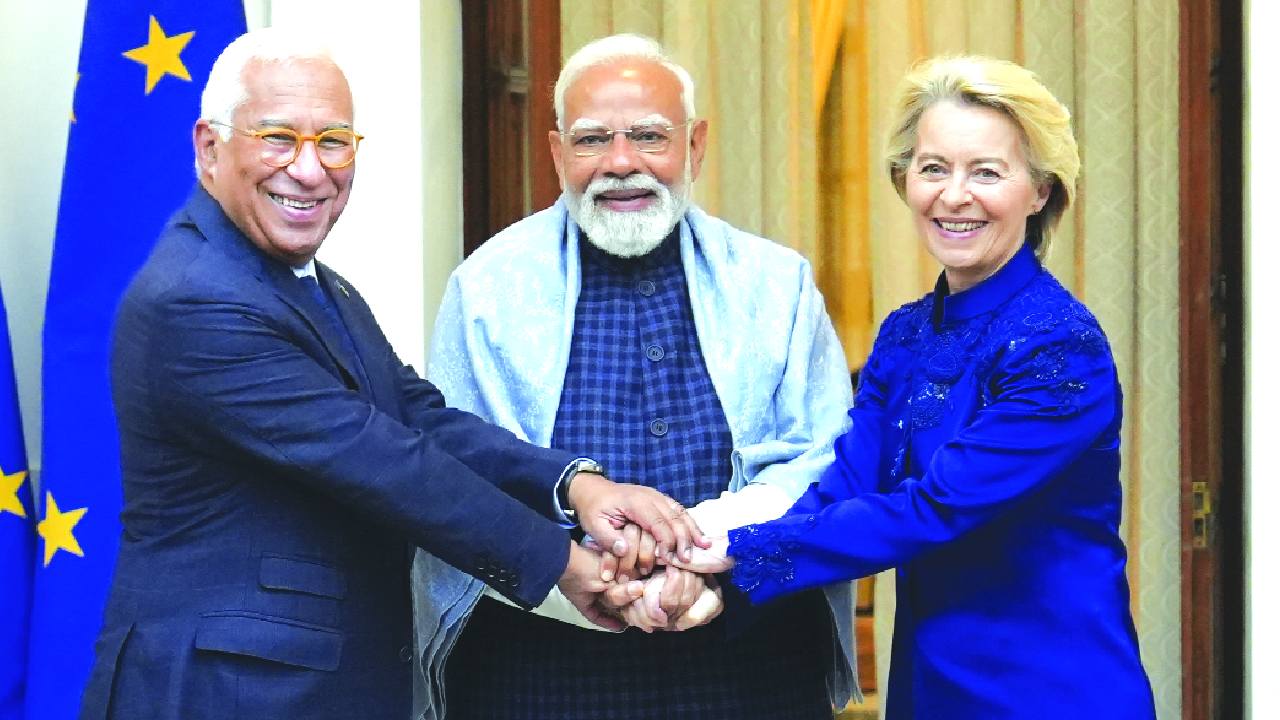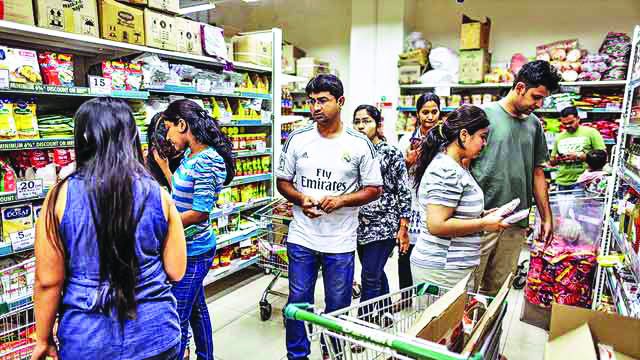The industry seeks clarifications on India new footwear import and manufacturing policy. The new policy will be effective immediately on 1 July 2023.
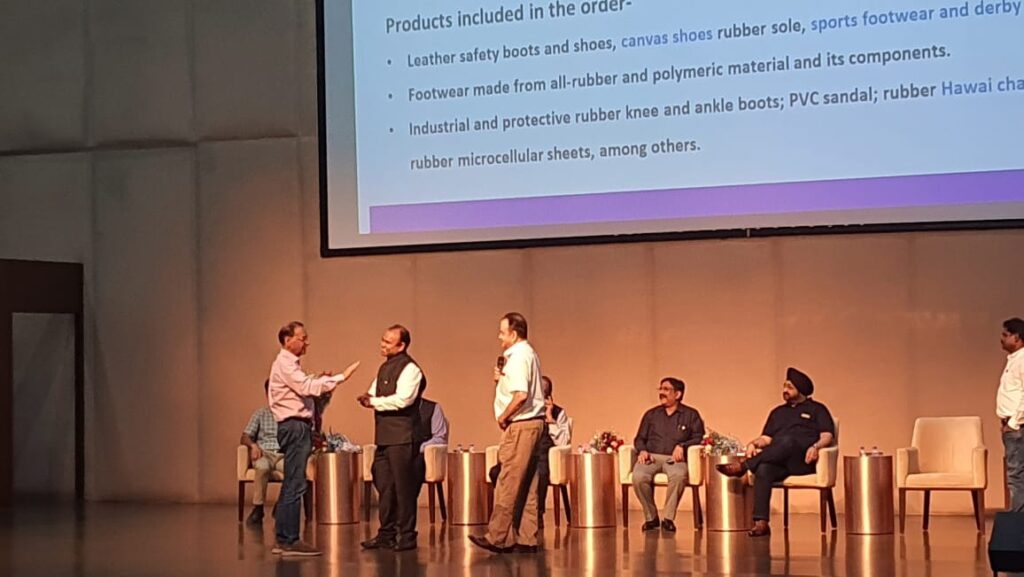
The seminar on quality norms for footwear was conducted on 1st April,23 at Agra Trade Centre. The seminar aimed to educate the attendees about the new expected norms and the policy importance of quality in the footwear industry and the various quality standards that must be followed to ensure that the footwear products meet the expected standards. The seminar was attended by a diverse group of individuals, including footwear manufacturers, distributors, retailers, and quality control experts.
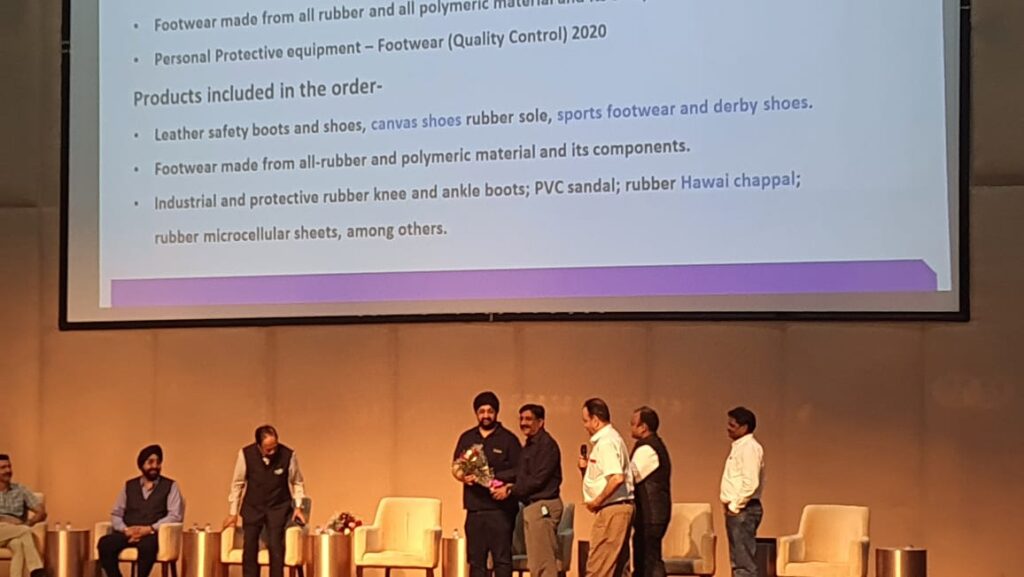
CIFI members shared their concerns for India’s newly amended footwear import & manufacturing policy with various members of AFMEC, IFCOMA, ASMA and FAFM. The stakeholders of the sector demand clarifications on the policy including the rationale of policy changes, implementation of the regulation and validity period of test reports. The meeting was attended by a diverse group of leaders, experts, component and Shoe manufacturers. Among the attendees were Puran Dawar, N Mohan, Saurabh Bairathi, Ruby Sehgal, Kuldeep Singh, Sameer Dhingra, Manish Luthra, Deepak Manchanda, Dheeraj Gwalani and Opinder Singh.
Previously, footwear complying with international standards which assessed by accredited laboratories can be imported to India. However, the Bureau of Indian Standards (BIS) now mandates the imported footwear must show compliance with Indian footwear safety standards and testing must be performed by the laboratories that are accredited by Indian National Accreditation Board for Testing and Calibration Laboratories.
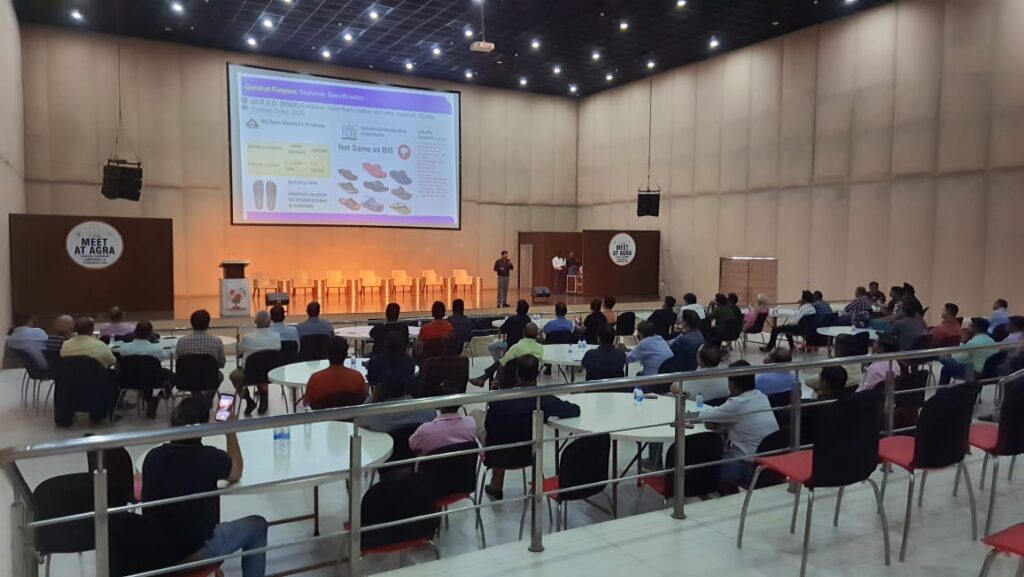
The industry feels this new rule places additional testing burden on the footwear producers. The testing is costly and time-consuming but would add very limited value in terms of safety. The footwear association members and international brands urge BIS to address their concerns and accept footwear producers to demonstrate the compliance by the relevant international standards as an alternative to the national BIS standards. At an earlier meet, some other suggestions that had cropped up were that test reports should remain valid for a minimum of 36 months. India should consider granting accreditation to international laboratories that are located outside of the country.





